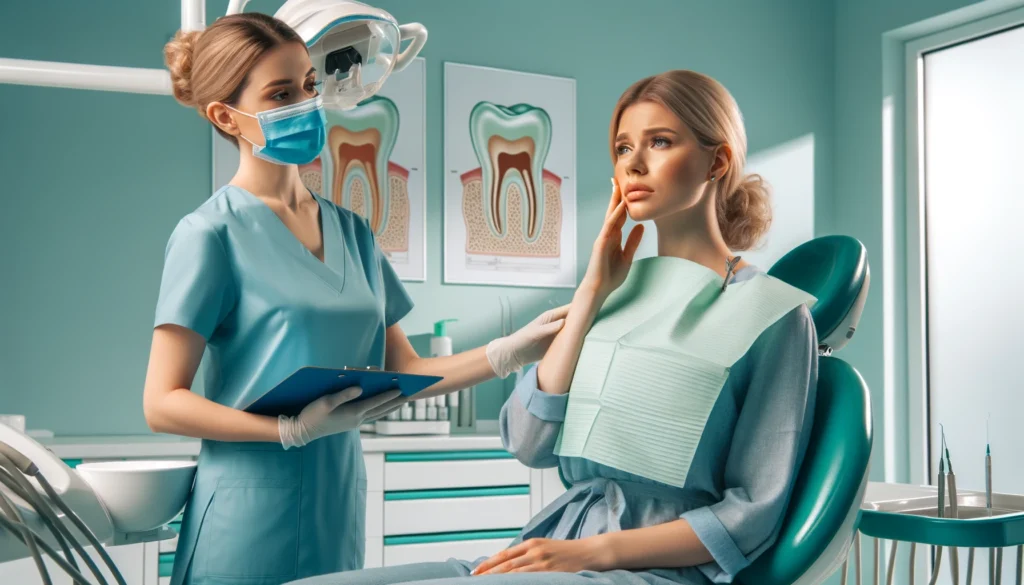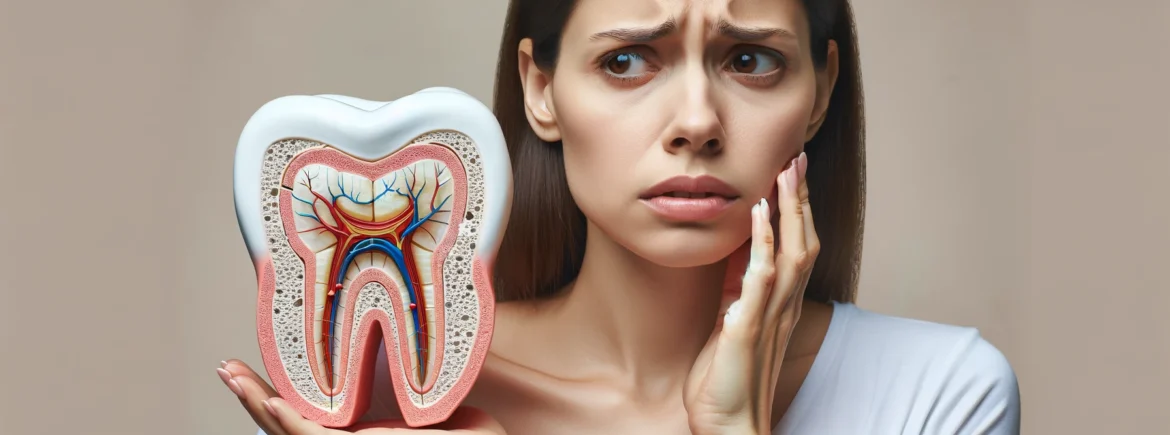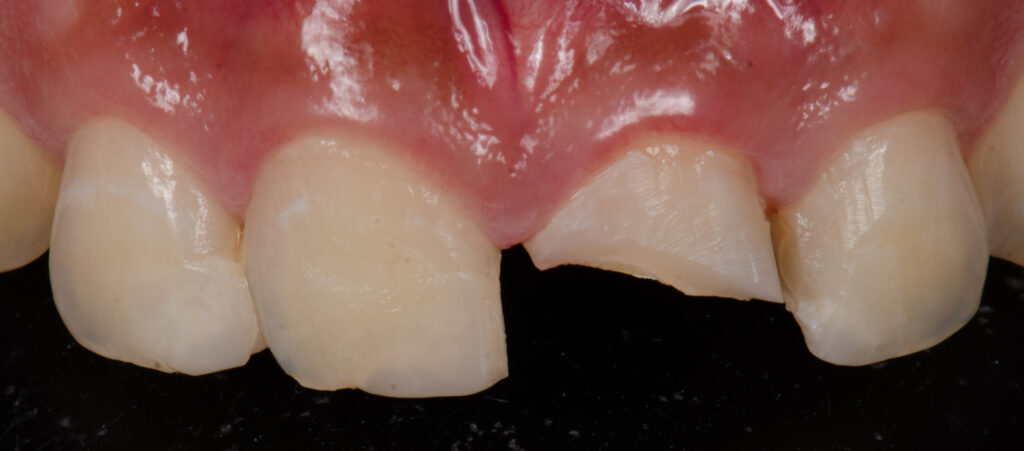Understanding What to Do in a Dental Emergency
Dental emergencies can happen to anyone, anytime, and knowing what to do when they occur can make a big difference in managing the situation. Whether it’s a sudden toothache, a knocked-out tooth, or something else, being prepared is key. We’re here to ensure you know what to do in a dental emergency.
What to Do in a Dental Emergency?
If you ever face a dental emergency, don’t worry; you’re not alone. It’s important to stay calm and act quickly. Whether it’s a toothache, a broken tooth, or something else, there are simple steps you can take right away to manage the situation before you get to your emergency dentist Perth. Below, you can find practical tips on what to do in a dental emergency like a toothache.

Toothaches
Toothaches are among common dental emergencies that can strike at any time, often when we least expect it. This pain can be more than just uncomfortable—it can be a sign that something needs attention in your mouth. Whether it’s from an injury, an infection, or something else, understanding how to respond can make a big difference in managing discomfort and preventing further issues. Here’s what to do if you find yourself suffering from a toothache.
- Rinse Your Mouth: Use warm water to rinse your mouth thoroughly. This can help remove any food particles or debris that might be contributing to the pain.
- Cold Compress: Apply a cold compress or ice pack to the outside of your cheek near the painful area for 20 minutes on, then 20 minutes off. This can help reduce swelling and numb the area, providing temporary relief.
- Avoid Certain Foods: Avoid extremely hot or cold foods and drinks, as they can worsen the pain. Also, avoid chewing on the side of your mouth where the pain is.
- Over-the-Counter Pain Relievers: While waiting to see your dentist, you can take over-the-counter pain medication, such as ibuprofen or acetaminophen, to help manage the pain. Make sure to follow the dosage instructions on the package.
- See a Dentist Immediately: Toothaches often indicate more significant problems that require professional treatment. Contact your dentist as soon as possible to arrange an emergency visit.
Knocked-Out Tooth
A knocked-out tooth can feel like a real emergency, but there’s no need to panic. Quick and calm action is key to improving the chances of saving the tooth. If you or someone you know has a tooth knocked out, handling it carefully and acting fast is important. Here’s how to give your tooth the best chance of being saved.
- Pick Up the Tooth by the Crown: Handle the tooth carefully by the crown (the part visible in the mouth) and avoid touching the root.
- Rinse, Don’t Scrub: If the tooth is dirty, gently rinse it with milk or water. Do not scrub the tooth or remove any attached tissue fragments.
- Try to Reinsert the Tooth: If possible, place the tooth back in its socket. Bite down gently on medical gauze or a soft cloth to hold it in place. If you cannot reinsert the tooth, proceed to the next step.
- Keep the tooth Moist: Place the tooth in a cup of milk, or if milk is not available, use saliva or a saline solution. Avoid tap water, as its chlorine content can damage the root cells.
- Visit a Dentist Immediately: Time is critical in saving a knocked-out tooth. If possible, head to your Perth dentist or an emergency dental clinic within 30 minutes of the injury.
Gum Abscess and Swelling
Dealing with gum abscesses and swelling can be uncomfortable, but knowing what to do can greatly ease your discomfort and prevent further issues. This condition often points to an infection that needs attention. Acting quickly to treat an abscess or swelling in your gums can help manage pain and stop the spread of infection. Here are some steps to take if you notice signs of gum abscess or swelling.
- Salt Water Rinse: Start by rinsing your mouth with a warm saltwater solution (1/2 teaspoon of salt in 8 ounces of water) several times daily. This can help draw out the infection and reduce pain and swelling.
- Avoid Applying Heat: Do not apply a hot compress to the area as it can spread the infection.
- Pain Management: Take over-the-counter pain relievers if necessary, but remember, these are only temporary measures.
- Do Not Pop the Abscess: While it might be tempting, popping or squeezing an abscess can push the infection deeper into the gum and potentially into your bloodstream.
- See a Dentist as Soon as Possible: Dental abscesses require professional treatment to drain the abscess and eliminate the infection. Your dentist may also prescribe antibiotics to help fight the infection.
Chipped or Broken Tooth
A chipped or broken tooth might seem alarming, but there are steps you can take to minimise any damage and prepare for a visit to the dentist. It’s important to act quickly to protect your tooth and your smile. Handling a chipped or broken tooth properly can prevent further damage and make it easier for your dentist to repair. Here’s what you should do if you have a chipped or broken tooth.
- Rinse Your Mouth: Clean the area by rinsing your mouth with warm water. This helps remove any tooth fragments.
- Cold Compress: Apply a cold compress to the face near the affected area to reduce swelling.
- Cover Sharp Edges: If the broken tooth has sharp edges, cover them with dental wax or sugar-free gum to protect your tongue and cheeks.
- Pain Relief: Use over-the-counter pain relievers if necessary to ease discomfort.
- Save the Pieces: If possible, save any pieces of the tooth that have broken off. Rinse them and bring them to your dentist.
- See a Dentist Promptly: A chipped or broken tooth requires professional evaluation and treatment to prevent infection and restore the tooth’s function and appearance. Dental bonding, veneers, or crowns are common treatments for these injuries.
Lost filling or Crown
Losing a filling or crown might catch you off guard, but there’s no need to worry. It’s a common issue that can be fixed. Until you can get to the dentist, you can take a few steps to protect your tooth and reduce discomfort. Here’s what to do if you find yourself with a lost filling or crown, ensuring your tooth stays safe and you stay comfortable.
- Keep the Crown or Filling: If you find the crown or filling, clean it and set it aside safely, as it might be possible to reattach it.
- Temporary Cover: For a lost filling, use over-the-counter dental cement or sugar-free gum to cover the hole temporarily. If a crown has come off, try to reattach it with dental cement, toothpaste, or denture adhesive to protect the tooth until you can see a dentist.
- Avoid Sensitivity Triggers: Try to avoid eating or drinking hot or cold items that could trigger sensitivity in the exposed tooth.
- Dental Appointment: Contact your dentist as soon as possible. A lost filling or crown must be replaced quickly to protect the tooth from further damage and decay.
Dental Trauma
Dental trauma can be a scary experience, but knowing how to respond can make all the difference. If you or someone you know experiences a dental injury, acting swiftly and smartly is crucial. Whether it’s a fall, a sports injury, or an accident, quick thinking can help minimise damage and speed up the recovery process. Here’s a guide on what to do in the case of dental trauma, ensuring you handle the situation with care and get the right help as soon as possible.
- Rinse with Warm Water: Clean the area gently with warm water to wash away any blood or debris.
- Apply Pressure: If there’s bleeding, apply gentle pressure with a piece of gauze or a tea bag for about 10 to 20 minutes or until the bleeding stops.
- Cold Compress: Use a cold compress on the cheek or lips over the injured area to help reduce swelling and pain.
- Temporary Measures: Avoid eating on the injured side of your mouth and stick to soft foods. Use over-the-counter pain relief if necessary.
- Immediate Dental Visit: Even if the injury seems minor, complications can arise without proper care. Visit a dentist or the emergency department of a hospital as soon as possible for a thorough examination and appropriate treatment to prevent long-term damage. In Perth, patients under 16 years will be accepted in Perth Children’s Hospital Dental Emergency for Dental trauma.
What to Do in a Dental Emergency Like Root Canal Issues?
Root canal issues can be daunting, but understanding how to deal with them can ease your worries. Knowing the right steps can help you manage the pain and prevent complications. Here’s a brief guide on what to do if you face root canal issues, ensuring you promptly get the care you need.
- Cold Compress: To reduce swelling and numb the area, apply a cold compress on the face near the affected area.
- Avoid Chewing on the Affected Side: Protect the treated tooth by avoiding chewing on that side until you can see your dentist.
- Salt Water Rinse: Gently rinse your mouth with warm salt water to help soothe discomfort and keep the area clean.
- Pain Relief: Use over-the-counter pain medication to manage discomfort, but remember this is a temporary solution.
- Contact Your Dentist Immediately: It’s important to contact your dentist as soon as you notice these symptoms. They may need to examine the tooth again and provide further treatment, including antibiotics to treat an infection or additional dental work to address any issues with the initial root canal treatment.
Acts Dental: Your Reliable Emergency Dental Partner in Perth
If you’re facing a dental emergency, remember help is just around the corner at Acts Dental. Our team of dentists in Perth are committed to providing prompt, compassionate care for your urgent dental needs. Whether it’s a toothache, a knocked-out tooth, or any other dental concern, we’re here to offer the relief and solutions you need. Our dental clinic is proud to be a preferred dental provider with with Bupa, Medibank, HBF, HCF, and NIB, ensuring that our patients get the maximum benefits for their emergency dental services. Reach out today, and let us take care of your smile with the expertise and kindness you deserve.




